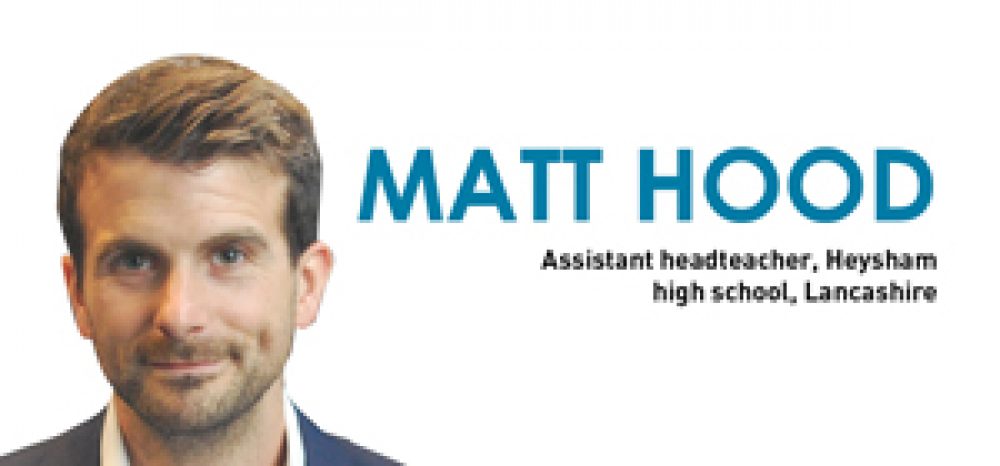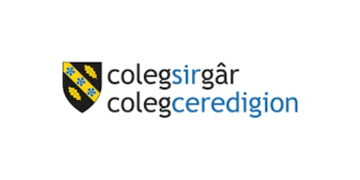A new IPPR report, Beyond the Plateau, blames poor quality CPD for the fact that many teachers are not progressing to become the excellent teachers it claims they could be. The report’s author, Matt Hood, has today put forward proposals for an Institute of Advanced Education to help reverse the trend. Here he takes a closer look at what can be done.
Today I published a report through IPPR, which argues that our knowledge of what it takes to create great schools has outpaced our ability to train the expert teachers that great schools must have. It’s this above all else that stands in the way of our good education system becoming great.
The report tries to understand the root causes of this challenge and points primarily to:
– poor design and delivery of training and development;
– poor incentives for teachers to participate in it; and
– the challenge of creating professional development cultures within schools.
But there is a softer and potentially more difficult challenge around how, inside and outside of the profession, we view teaching, which needs discussion. During the writing of this paper I have come across three myths again and again. Three myths that need busting.
1. Teachers are born, not made
The first myth is that teachers are born and not made. Belief in this myth directly diminishes the critical importance of excellent training and development – who needs to nurture when nature has just sorted you out through a special teacher code in your DNA?
Teachers come in every flavour
I am fortunate enough to have been involved in the training and development of hundreds of teachers. I know that they come in every flavour of Myers Briggs and, when working with great teacher-educators, can develop the mindsets, behaviours, knowledge and skill required to become experts. There is no evidence to support a particular teacher ‘type’.
2. If you know it, you can teach it
The second myth is that if you know something you can teach it. I suspect most of the public would know how to calculate (2/3 x 3/4) but far fewer would be able to create a story or a diagram to show why the answer is ½. It takes a maths teacher who can stand in front of 30 pupils and effectively transfer that knowledge and understanding to them.
I have trained teachers who have moved into the profession from all kinds of careers – military officers, scientists and journalists – not a single one has ever suggested that they would have been better off just going it alone because they already had the subject knowledge they needed. If you believe in the ‘rocket scientist who would waltz into a classroom myth’, ask them the question above and see how they get on. If they get past the diagram, I’ll find 30 pupils who don’t know how to multiply fractions who would be eager to meet them.
3. Teaching isn’t hard
The third myth is that teaching is only moderately difficult. If the public were to rank teaching amongst the other 20 most common jobs it would probably rank somewhere in the middle – below being a brain surgeon and above a waiter.
Teaching is a phenomenal task that takes years to master
This might be the most damaging myth of all. Teachers are expected to be able to think about the thinking of up to 30 other small, often excitable young people for over 20 hours per week. It’s a phenomenal task that takes years to master. When we have low expectations of how complex teaching is, it translates directly into low expectations for how sophisticated training and development for teachers needs to be. As a result, teachers learn less.
So here’s the call to action. Call out these myths whenever you hear them. We must continue to build a system that focuses on making expert teachers out of committed raw talent by investing in and having high expectations of the training and development it provides to them. There is no reason at all why we can’t make that happen.







Your thoughts